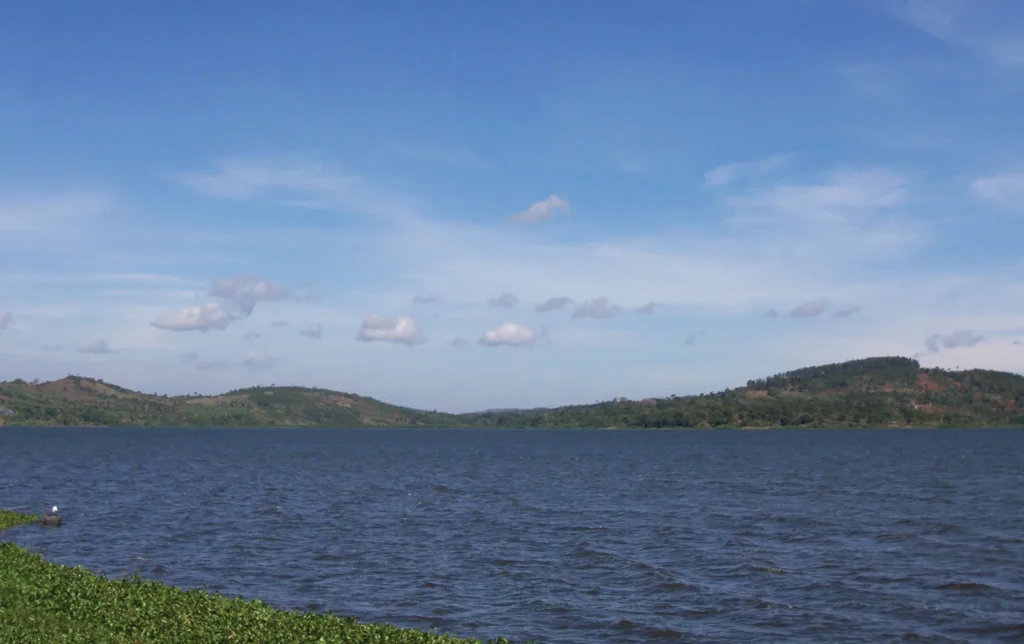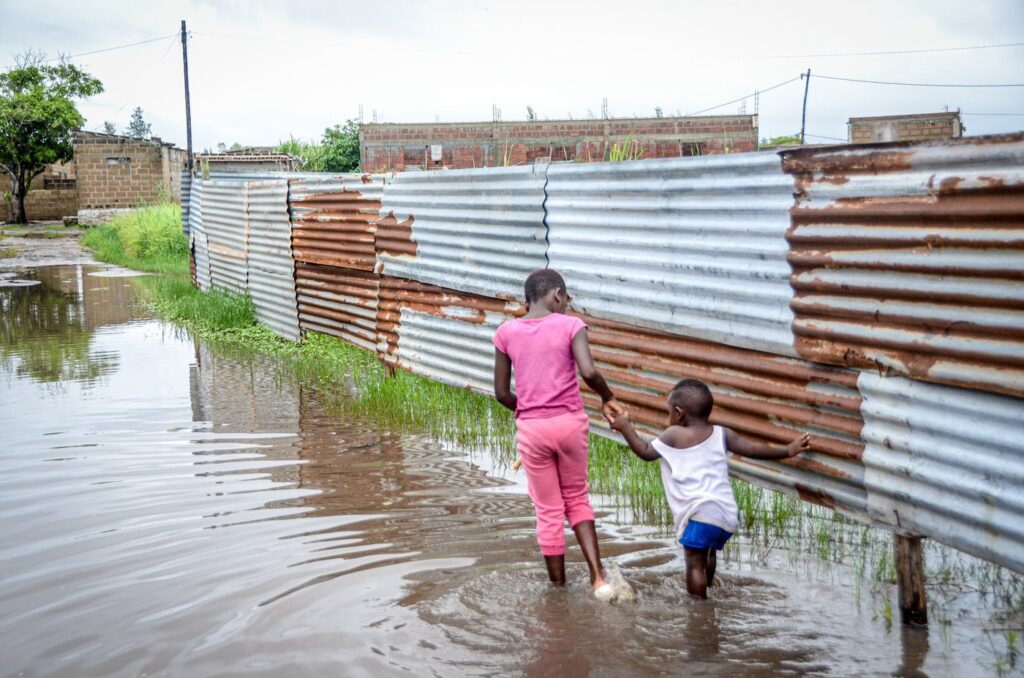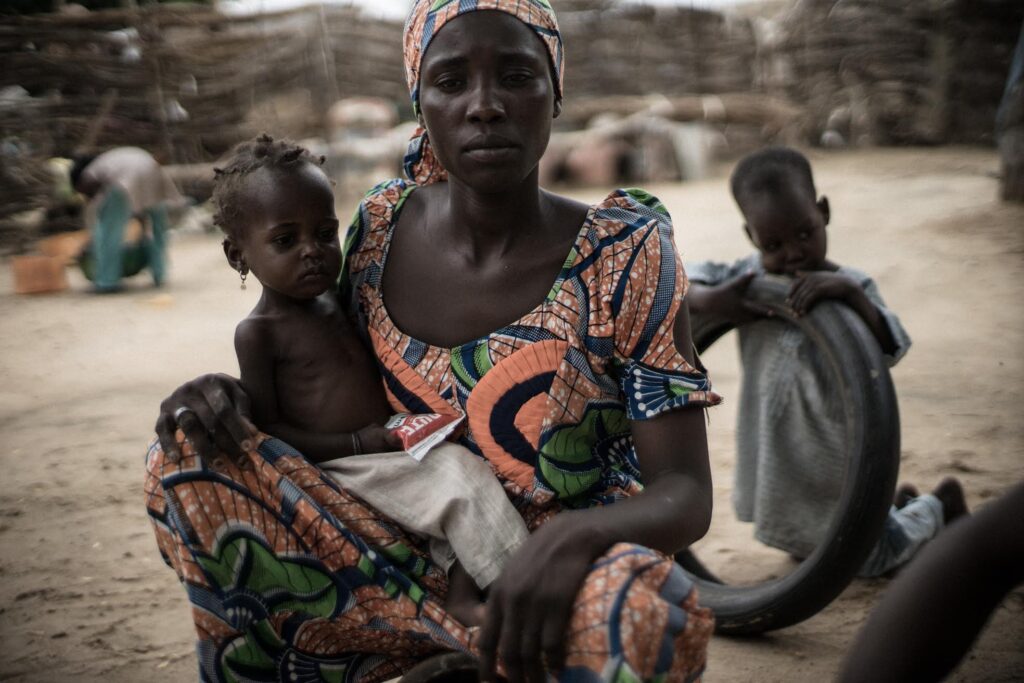
Lake Victoria, straddling the borders of Uganda, Kenya, and Tanzania, is the largest lake in Africa. Covering an impressive surface area of approximately 68,800 square kilometers (26,600 square miles), it is also the second-largest freshwater lake in the world by surface area, only surpassed by Lake Superior in North America. Named after Queen Victoria by the British explorer John Hanning Speke, this vast lake is a crucial resource for the millions of people living along its shores, providing water, food, and employment.
Lake Tanganyika: A Deep and Long Wonder
Lake Tanganyika, located in the Great Rift Valley and bordered by Burundi, the Democratic Republic of the Congo, Tanzania, and Zambia, is another remarkable African lake. It is the second deepest freshwater lake in the world, with depths reaching approximately 1,470 meters (4,823 feet). Additionally, it is the longest freshwater lake, stretching about 673 kilometers (418 miles) from north to south. Lake Tanganyika’s clear, pristine waters are home to a diverse array of aquatic life, including many species found nowhere else on Earth.
Ecological and Economic Importance
Both lakes play vital roles in their respective ecosystems and economies. Lake Victoria supports one of the largest freshwater fisheries in the world, with Nile perch and tilapia being the most commercially significant species. However, the lake faces environmental challenges such as pollution, invasive species, and overfishing, which threaten its biodiversity and the livelihoods of local communities.
Lake Tanganyika’s unique ecosystem includes hundreds of species of cichlid fish, many of which are endemic. The lake is also a key source of freshwater and food for millions of people. Like Lake Victoria, it faces environmental pressures, including climate change, which impacts water levels and temperature, affecting the delicate balance of its aquatic life.
Tourism and Recreation
These lakes are not only crucial for the local economy but also attract tourists from around the world. Visitors come to Lake Victoria for boating, fishing, and exploring its numerous islands, such as the Ssese Islands in Uganda. Lake Tanganyika offers opportunities for snorkeling, diving, and observing its rich underwater biodiversity. The scenic beauty of both lakes and their surroundings make them popular destinations for eco-tourism and adventure seekers.
Africa’s largest and deepest lakes, Lake Victoria and Lake Tanganyika, are natural wonders that highlight the continent’s incredible geographic diversity. Their ecological, economic, and recreational importance underscores the need for sustainable management to preserve these invaluable resources for future generations. As Africa continues to grow and develop, the protection and conservation of these majestic lakes remain a priority for ensuring the well-being of both the environment and the people who depend on them.




